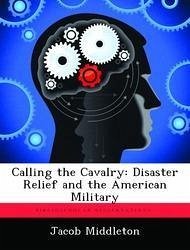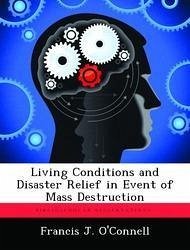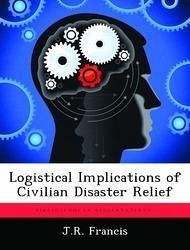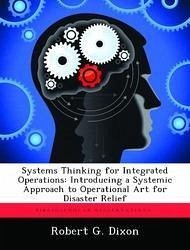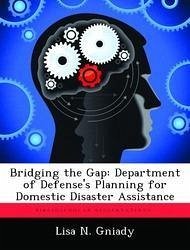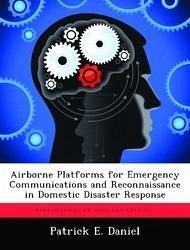Nicht lieferbar
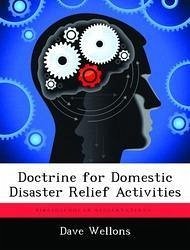
Doctrine for Domestic Disaster Relief Activities
Versandkostenfrei!
Nicht lieferbar
This monograph examines two disasters, Hurricanes Andrew (1991) and Marilyn (1995), and the U.S. Army's support to the Federal Emergency Management Agency (FEMA) to determine whether Joint and Army doctrine provides doctrinal tools for Defense Coordination Element (DCE) planning. Two recent disasters, Hurricanes Andrew and Marilyn, provide detailed lessons learned and after action reports to examine the role of the DCE in planning military activities during federally declared disaster relief operations. First, this monograph begins by discussing the legal and regulatory basis that established ...
This monograph examines two disasters, Hurricanes Andrew (1991) and Marilyn (1995), and the U.S. Army's support to the Federal Emergency Management Agency (FEMA) to determine whether Joint and Army doctrine provides doctrinal tools for Defense Coordination Element (DCE) planning. Two recent disasters, Hurricanes Andrew and Marilyn, provide detailed lessons learned and after action reports to examine the role of the DCE in planning military activities during federally declared disaster relief operations. First, this monograph begins by discussing the legal and regulatory basis that established the unique relationship between Federal Emergency Management Agency (FEMA) and the military during federally declared disasters. The Federal Response Plan, FEMA's emergency response planning document, outlines the functional coordination and lead agency responsibilities during disaster response and recovery operations. Department of Defense (DoD) Directives and Army regulations provide the Defense Coordinating Officer and his staff the legal basis for military support during these operations. The operational and tactical requirements of the DCE are found by reviewing post incident reports from large-scale disasters such as Hurricane Andrew. To define the operational and tactical environment, this monograph examines the after-after reports from Hurricane Andrew and Hurricane Marilyn. Similar essential tasks are identified at both the operational and tactical level. Tasks found in these after action reports form the basis for developing a key tasks list outlining what a DCE planner must address when conducting future disaster response activities. After identifying these tasks, this monograph compares these recurring tasks to the principles of Operations Other Than War (OOTW) found in field manual (FM) 100-19 and joint publication (JP) 3-07. Operational and tactical requirements are evaluated against the principles of OOTW to determine if that framework provides the doctrinal too




